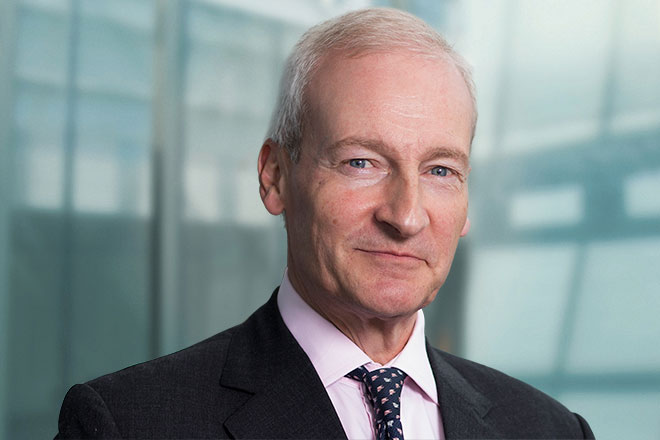The Prime Minister has pledged to enhance the authority of the ministerial standards watchdog, aiming to bolster integrity and accountability within government.
Sir Keir Starmer, leader of the opposition, has advocated for giving Sir Laurie Magnus, the Independent Adviser on Ministers’ Interests, the power to initiate investigations independently, without requiring a directive from the Prime Minister’s office. This move is intended to address longstanding criticisms that the watchdog lacks the autonomy to effectively investigate potential ministerial misconduct.
Appointed by Rishi Sunak, Sir Laurie Magnus currently holds a position that critics argue is relatively powerless because investigations into ministers’ actions can only commence at the Prime Minister’s request. This limitation led to the resignation of Sir Laurie’s two predecessors during Boris Johnson’s tenure as Prime Minister.
Labour’s manifesto includes a commitment to establish a new independent Ethics and Integrity Commission to oversee government probity. The party argues that trust in politics has eroded during the Conservative administration, citing instances such as the parties held during the pandemic when large gatherings were banned.
At the NATO Summit in Washington DC, the Prime Minister acknowledged the need to find a mechanism to enhance Sir Laurie’s powers. “The intention is clear, whatever the technical way of doing it is, we’ll find a way to do it,” he stated.
Sir Keir highlighted his initial discussion with Sir Laurie upon taking office, emphasizing the importance of enforcing standards. He also communicated this priority to his ministers, ensuring they understand the ministerial code and the Nolan Principles, which outline expectations of selflessness, integrity, objectivity, accountability, openness, honesty, and leadership.
The call for the independent adviser on ministers’ interests to have the authority to initiate investigations independently has been ongoing for over a decade. In 2012, MPs recommended this change, expressing concern that Sir Philip Mawer, the then-adviser, was excluded from an inquiry involving a Conservative minister.
Dave Penman, head of the FDA trade union for senior civil servants, has criticized the current situation for creating an “obvious conflict,” suggesting that it allows potential wrongdoing to go unchecked. He argued that granting the watchdog the power to initiate investigations would prevent the need for difficult decisions under the ministerial code from being avoided.
The Prime Minister’s commitment to strengthening the standards watchdog marks a significant step towards restoring trust and ensuring higher ethical standards in government. The precise mechanism for implementing these changes remains to be determined, but the intent to reinforce integrity and accountability is clear.








